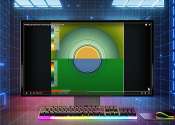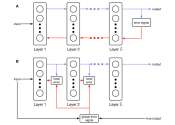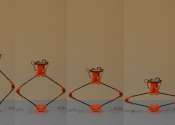Matrix unloaded: Graphics processor-boosted solvers for diffusion physics
Underlying all complex multiphysics simulations are even more complex mathematical algorithms that solve the equations describing movement of physical phenomena—for instance, the radiation diffusion and burning plasma processes ...
Jun 25, 2024
0
39









